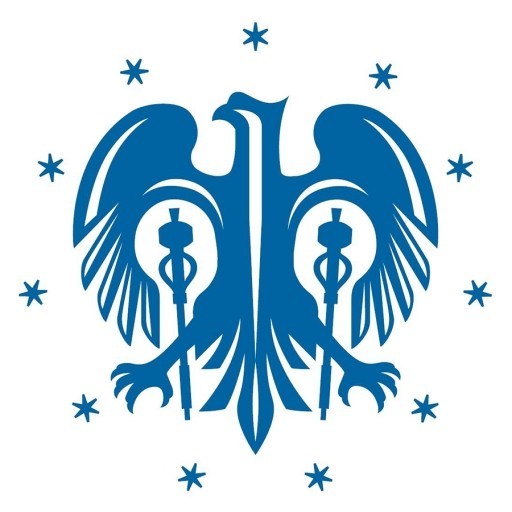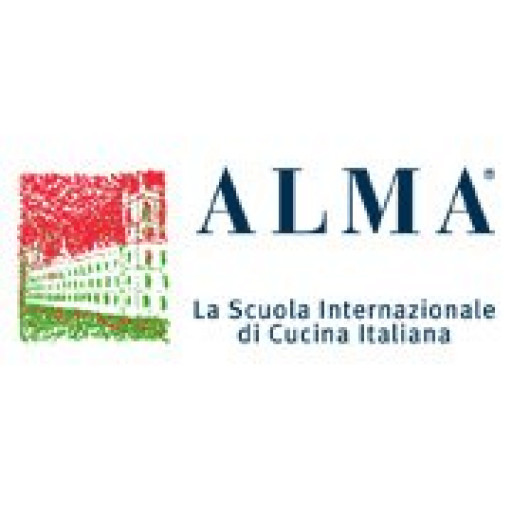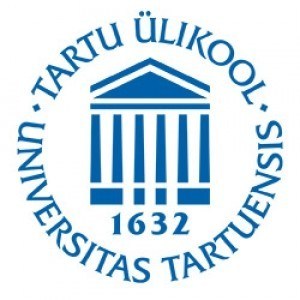The Diploma of Hospitality at GOTAFE offers students a comprehensive introduction to the dynamic and diverse world of hospitality management. This program is designed to equip students with essential skills and knowledge required to excel in various areas such as restaurant and café management, food and beverage service, accommodation operations, and event planning. Throughout the course, students will develop practical skills in customer service, team leadership, business operations, and culinary basics, preparing them for a wide range of careers within the hospitality industry. The curriculum combines theoretical knowledge with hands-on training in state-of-the-art facilities, allowing students to gain real-world experience in a supportive learning environment. Students will explore topics including food safety and hygiene, marketing, financial management, and sustainable practices in hospitality. The program emphasizes the importance of excellent communication and interpersonal skills, cultural awareness, and professional presentation to meet industry expectations. Additionally, students have opportunities to participate in industry placements, networking events, and industry projects, enabling them to build valuable connections and understand current industry trends. Graduates of this diploma will be well-prepared to pursue supervisory or managerial roles in hotels, restaurants, cafes, catering services, and other hospitality settings. With a focus on student-centered learning and industry relevance, the Diploma of Hospitality at GOTAFE aims to develop confident, capable, and innovative professionals ready to thrive in Australia's vibrant hospitality sector.
The Bachelor of Hospitality Management at GOTAFE offers a comprehensive and industry-focused program designed to equip students with essential skills and knowledge to excel in the dynamic hospitality sector. This program covers a broad range of subjects including hotel and accommodation management, food and beverage operations, event planning, and customer service excellence. Students will delve into the principles of business management, marketing, and finance tailored specifically to the hospitality industry, enabling them to understand operational strategies and organizational structures. The curriculum emphasizes practical learning through industry placements, allowing students to gain real-world experience and develop professional networks. Courses are designed to foster leadership, problem-solving, and communication skills, preparing graduates to manage teams, oversee operations, and adapt to evolving industry trends. The program also focuses on sustainability and innovation in hospitality, encouraging students to implement environmentally responsible practices and leverage emerging technologies. Throughout their studies, students will explore diverse hospitality settings such as hotels, resorts, event venues, and restaurants, gaining insights into customer expectations and service delivery standards. The Bachelor of Hospitality Management at GOTAFE aims to produce confident, motivated, and competent graduates ready to enter various roles within the hospitality industry, including management, operations, marketing, and entrepreneurship. With access to experienced faculty and strong industry connections, students are supported to develop a professional mindset and a strong foundation for lifelong career success in this vibrant and expanding field.
Program requirements for the Hospitality qualification typically include a combination of academic prerequisites, practical experience, and proficiency in specific skills. Applicants are generally expected to have completed secondary education or an equivalent qualification, demonstrating foundational skills in numeracy, literacy, and customer service. Prior experience in the hospitality industry, such as working in a hotel, restaurant, or catering environment, can be advantageous but is not always mandatory. For international students or applicants from different educational backgrounds, demonstrating language proficiency in English may be required, often through standardized tests such as IELTS or TOEFL scores, to ensure effective communication skills necessary for the service industry.
The program also emphasizes the importance of interpersonal skills, teamwork, problem-solving abilities, and adaptability, which are evaluated during the admission process through interviews or personal statements. Candidates should have a genuine interest in the hospitality sector and a commitment to delivering high-quality customer service. There may be prerequisites related to health and safety standards, including up-to-date COVID-19 vaccinations or compliance with specific health regulations, especially given the nature of contact-based service roles.
In terms of documentation, applicants might need to provide academic transcripts, proof of identity, and evidence of relevant work experience if applicable. For mature-age applicants or those seeking credit transfer, evidence of prior learning or relevant industry experience could be considered to meet entry requirements. Some programs may also require a background check or criminal history clearance as part of suitability for placement components within the curriculum. Prospective students should review the specific entry criteria listed on the university's official website and prepare the necessary documentation to support their application process.
Furthermore, prospective students are encouraged to demonstrate enthusiasm for continuous learning and professional development in hospitality services, reflecting the dynamic nature of the industry. Successful applicants will need to commit to completing both theoretical coursework and practical placements, which are integral components of the qualification. Skills in communication, teamwork, time management, and cultural sensitivity are essential for achieving certification and advancing in the hospitality field. Overall, the program aims to equip graduates with comprehensive knowledge and practical skills to excel in various roles within the hospitality sector, including hospitality management, event coordination, front desk operations, and food service management.
The financing of the Hospitality program at GOTAFE is designed to support students through various financial assistance options, including government subsidized places, Commonwealth Supported Places (CSP), and potential enrollment in VET Student Loans where applicable. Students are encouraged to explore eligibility for government funding, which can significantly reduce the overall cost of their studies. The program fees are structured according to the categorized funding model, allowing domestic students who qualify for CSP to pay a lower student contribution amount, thereby making their education more affordable. International students are responsible for paying full tuition fees, which are set annually and can be paid upfront or through installment plans offered by GOTAFE, providing greater flexibility in managing tuition payments.
GOTAFE frequently updates its fee structures in compliance with government regulations, ensuring transparency for prospective students. For those who require financial assistance, the institution provides detailed guidance on applying for government assistance programs, including VET Student Loans, which enable eligible students to defer part of their tuition fees and repay once their income reaches a specified threshold. Additionally, students may seek scholarships, bursaries, or payment plans facilitated by GOTAFE, aimed at reducing financial barriers to accessing high-quality hospitality education.
International students enrolling in the program are typically required to pay international rate fees, which are higher than domestic fees and payable in full at the time of enrollment unless specific payment plans are negotiated beforehand. GOTAFE also emphasizes the importance of financial planning and offers advice on budgeting for tuition, living expenses, and other associated costs, helping students to prepare financially for their studies.
In summary, the financing options for the Hospitality program are diverse, providing pathways for students from different financial backgrounds to access and complete their education. The institution’s commitment to affordability is reflected in its structured fee policies, available government funding options, and supplementary support initiatives designed to assist students financially throughout their studies.
The Certificate IV in Hospitality at GOTAFE provides students with comprehensive training in essential hospitality skills, preparing them for a variety of roles within the hospitality industry. This program covers fundamental areas such as food and beverage service, customer service, workplace safety, and hospitality management. Students develop practical skills through hands-on training in real-world settings, including restaurants, cafes, and event venues affiliated with GOTAFE. The course aims to equip graduates with the knowledge necessary to work confidently in cafes, restaurants, hotels, and other hospitality establishments. Throughout the program, students learn about menu planning, food presentation, alcohol service, and maintaining hygiene and safety standards. The curriculum also includes training in communication, teamwork, and problem-solving skills, which are vital for success in fast-paced hospitality environments. The program typically spans one year full-time or part-time options, allowing flexibility for students balancing work or other commitments. GOTAFE emphasizes practical experience, often including work placements or industry projects to ensure students gain real-world insight into the hospitality sector. Graduates of the Certificate IV in Hospitality are well-positioned to seek employment as restaurant or bar staff, event assistants, catering assistants, or supervisory roles within hospitality venues. The qualification also serves as a stepping stone for further studies in hospitality management or related fields. GOTAFE's approach combines theoretical learning with practical application, ensuring students gain both the knowledge and confidence needed to excel in the hospitality industry. The college's association with local hospitality businesses provides students with valuable networking opportunities, enhancing their employment prospects upon completion of the program. The program is designed to meet industry standards and aligns with national competency requirements, ensuring graduates are recognized within the hospitality sector across Australia.









